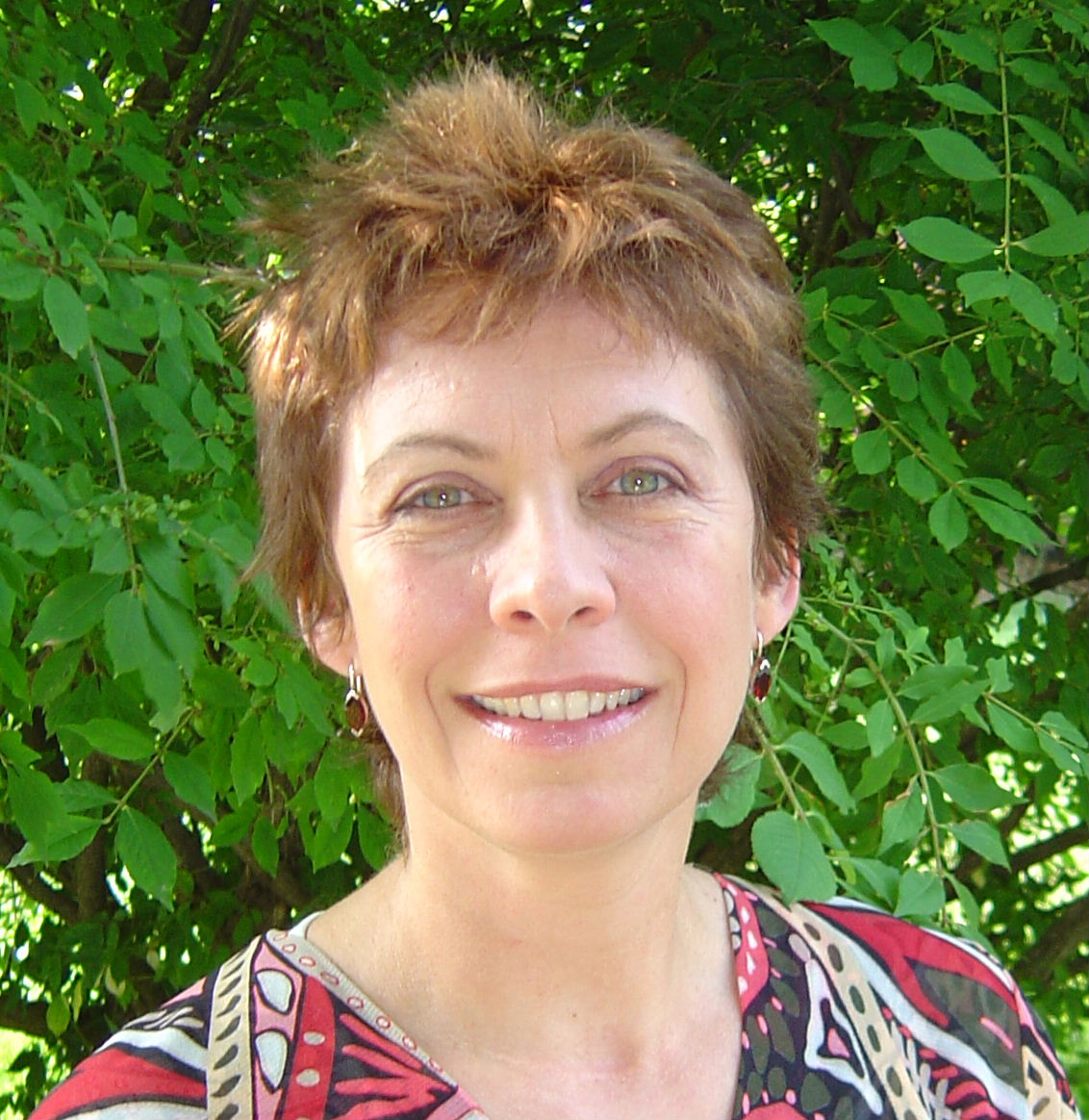She began skating at ten years of age and at sixteen passed her Gold Figure and Free Skating Tests. She last competed in the 1975 Senior Ladies Canadian Championships. Her first professional appearance was with Holiday on Ice with whom she was a principal performer for six years. After extensive touring through Europe, South America and the Far East, Cheryl settled in Brisbane, Australia and coached National and International competitors for several years.
Upon returning to Canada, she became a performer in and Creative Consultant and Choreographer to Innovations on Ice. She was Co-Choreographer of the CBS/Dick Clark television special, Hollywood Ice Revue and performed with Katarina Witt, Brian Boitano and Brian Orser in the movie, Carmen on Ice.
Cheryl has choreographed hundreds of figure skating programmes. She is NCCP Level 3 certified, a Technical Specialist and coaches Singles skating at all levels.

When I returned to Canada I again became involved in professional ice shows, this time as a choreographer. I also did choreography for amateur skaters but in the amateur world I felt limited by my skaters limitations. I found myself spending most of my time teaching skaters how to do the movements leaving little or no time to develop their context. Because I acted both as a coach and choreographer, I became increasingly interested in the potential each had to either enhance or disrupt performance. This spawned a period of study of not only the technical and artistic aspects of free skating but the act of coaching itself. Two things became clear. Free skating was far more complex than I imagined and there was no overview to explain it. So I started researching and observing and writing. Over the years I have produced a great deal of material related to coaching free skating- curricula, training manuals and aids and now this website. It is my way to give others the head start I did not have.
Everyone agrees that proper training is important but we are all so busy nowadays, people just want to simplify their lives. Advertising urges us to buy products and services that will make everything from cooking to vacations to funerals quicker and simpler. It should be no surprise that this attitude infuses coaching and learning Free Skating. People seek simplistic answers when complex ones are too difficult or too time-consuming to comprehend or implement. Or they may believe complexity is undesirable and simplification is necessary. But complicated issues are not always best served with simple answers; they rarely address the entire issue and so are rarely effective in identifying and solving problems.
It is true, there are ways and people who make learning easier. But they do this by first understanding the myriad, causal factors and then make and provide informed choices. A good understanding of how the many factors influencing progress interact helps avoid unnecessary complication. Without understanding there will inevitably arise an issue or problem so confusing it is easier to just to blame someone else or the system. Making choices can be hard work and carries responsibility. The purpose of my writing is to reduce the complex subject of free skating training to its fundamentals without oversimplifying it so others can make educated choices. Through education the perspectives from which one views training are expanded to include options and explanations not previously considered permitting a framework in which personal growth is valued and encouraged.